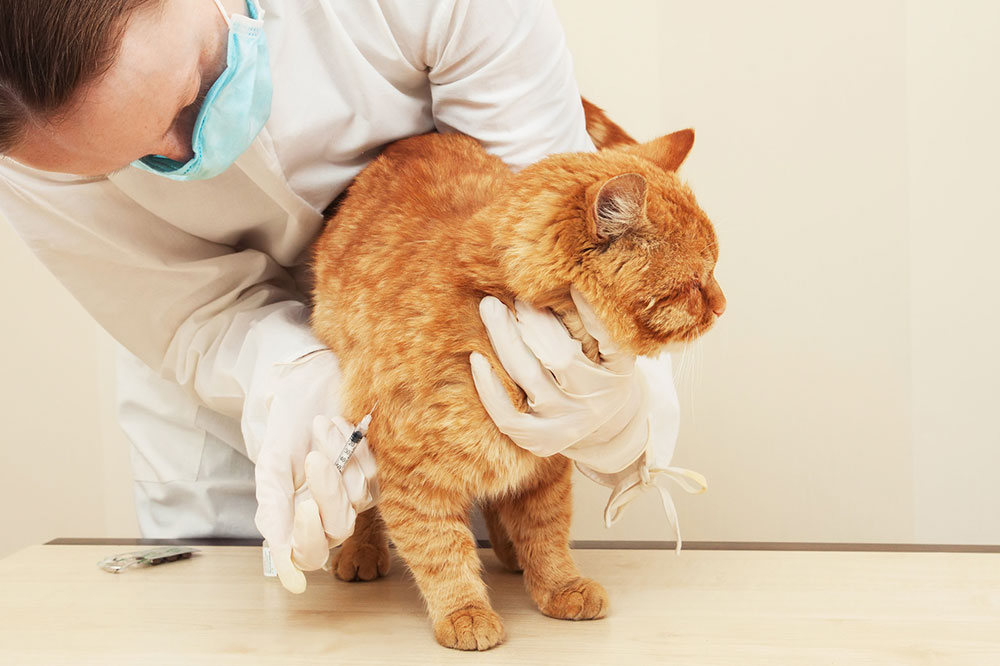
Foods to Avoid for Cats with Diabetes Mellitus
The cases of feline diabetes are on the rise. As the percentage of obese and overweight cats is at an all-time high, so is the risk of these cats being prone to diabetes. In cats, diabetes mellitus can cause complications if it is not noticed and taken care of immediately. If the condition is not treated in time, the consequences can be pretty serious. Therefore, the moment any diabetes symptoms are noticed in a cat, clarity should be obtained on the kind of food that should and should not be added to the cat’s diet plan. While many brands make food to fit precisely what should be added into the diet plan of a diabetic cat, the foods that should be avoided can be blurry. Following are some of the guidelines indicating what foods to avoid for cats with diabetes mellitus.
Foods with high carbohydrate content
Unlike human beings, processing carbohydrates can be a challenging task for cats. Cats do not have the compound amylase in their saliva, which is known to process the carbohydrate in humans. In addition to that, the digestive system of cats lacks high digestive enzyme activity in the small intestine required for the digestion of carbohydrates. Cats have very little ability to metabolize big loads of glucose. High loads of carbohydrates, when given to cats, can have further detrimental effects on their health. This can cause more harm to diabetic cats than healthy cats. Hence, carb-rich foods should be avoided for cats with diabetes mellitus. Cats are not designed to process food substances with high carbohydrate load and can function with little to no carbohydrate content in their food. So, the ideal option would be to choose food substances with less than 5 to 10 percent of carbohydrates.
Dry foods or kibble
When cats suffer from diabetes, they tend to lose a lot of water from their body and become dehydrated easily. It is important to make sure that cats receive their regular intake of liquids. While wet foods can make sure of that, dry foods fall short in providing the required liquid content necessary. In addition to that, dry foods or dry kibble would always contain high amounts of carbohydrates that can’t be processed by cats. The lack of liquid content and the high carbohydrate levels make it very unsuitable for diabetic cats.
Tuna
The little amount of tuna given to the cats at most twice a day should not be as much of a problem. However, it should be noted that tuna is a food substance that comes with very high amounts of protein and very little fat. With this ratio of protein to fat, there is a good possibility that the blood glucose levels in the cat after consumption of tuna can spike. As cats are carnivorous animals, they can convert any excess protein consumed into blood glucose. This spike in the blood glucose levels is not healthy for the cats. Even if tuna is given as a treat, it will create a habit of eating at non-meal times. Over-eating habits could become a serious problem for cats suffering from diabetes, and therefore avoiding this food might be a good idea.


